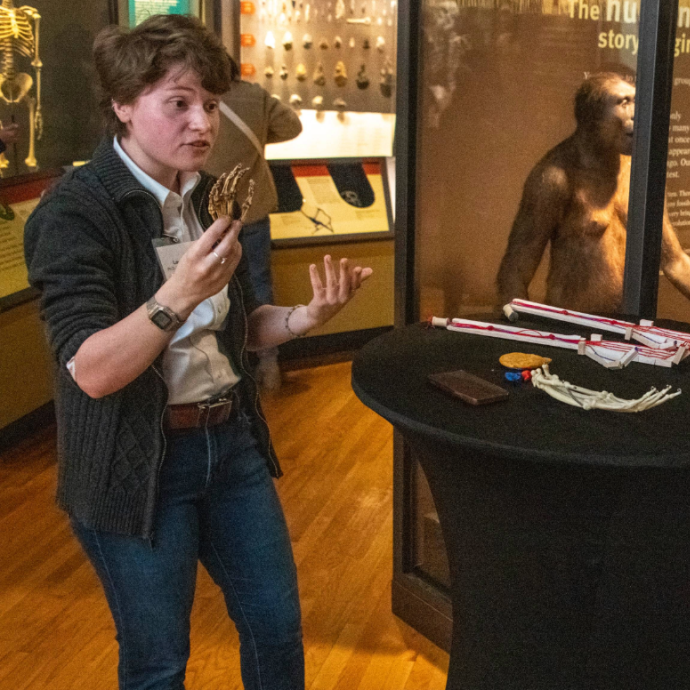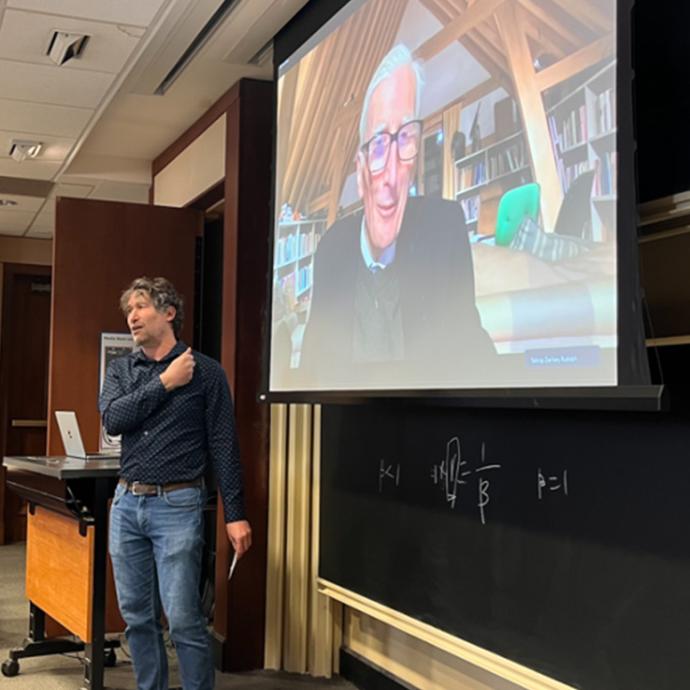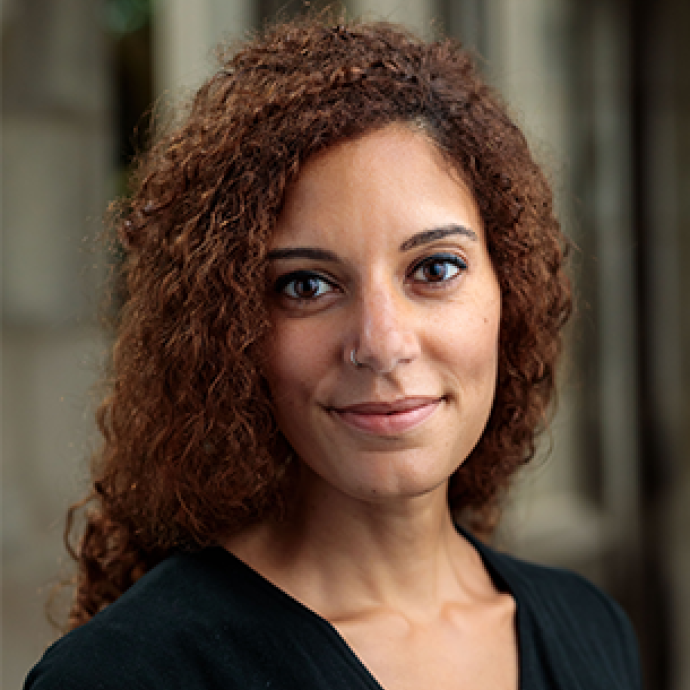To further develop new ways to bring a transformative business education to future leaders, the University of Chicago Booth School of Business has launched a new of Master in Finance Program. The announcement comes months after the creation of a new Master in Management Program at Chicago Booth this summer.
The Master in Finance Program is for accomplished recent college graduates who are searching for a master’s degree that builds on their analytical aptitude, and allows them to start a career in finance with a competitive advantage over their peers. Prospective students can apply to the program now, and the first cohort will begin classes in fall 2024.
“Chicago Booth’s finance faculty are the best in the world. They developed modern finance theory and have shaped the course of financial knowledge and markets for more than 100 years,” said Madhav Rajan, dean of Chicago Booth and the George Pratt Shultz Professor of Accounting. “We are excited to bring our transformative approach—and the latest innovations in finance—to talented, analytical college graduates, jump-starting their careers and putting them at the frontier of this rapidly advancing field.”
Beyond offering courses taught by Booth’s world-renowned faculty, the Master in Finance Program has other distinctive features. It includes immersive orientation programming focused on career exploration and advising, and opportunities to specialize in an area that will help ensure that students stand out in the job market.
The program, which takes 15 months to complete and includes an internship requirement, prepares students for a wide array of finance careers, including in asset management, fintech, and investment banking, with a cutting-edge curriculum that readies them for the advances that are disrupting finance firms.
“One of the great features of this new program is that students can take courses that are really at the cutting edge of the technologies and advances that are disrupting the financial industry,” said Ralph S.J. Koijen, who is the AQR Capital Management Distinguished Service Professor of Finance and a Fama Faculty Fellow. “The option to take courses that delve deep into topics such as A.I., machine learning, big data, blockchain technology, fintech, and current topics in investment banking—among many others—will give students an advantage in the market after they graduate.”
Students in the program take four core courses—Investments, Corporation Finance, Data Analytics, and Financial Accounting—as a cohort, along with nine electives for a total of 13 courses. There are five finance elective requirements, and students choose the remaining four electives from a large subset of MBA courses.
Students also have the option of tailoring their finance electives to match their career goals by choosing one of our three areas of specialization: Asset Management, Investment Banking or Fintech.
“These three areas of specialization are not only areas that Booth finance faculty produce groundbreaking research in, but they are areas that we see strong employment opportunities for our students once they graduate,” said Stefan Nagel, who is the Fama Family Distinguished Service Professor of Finance. “Academic flexibility is one of the core things that makes our Master in Finance Program different. So while students won’t be required to select an area of specialization, we will strongly encourage them to.”
Career development is also woven throughout a student’s time in the program—starting even before classes do—as are experiential opportunities such as internships and a Booth-sponsored Leaders in Finance Speaker Series, which will allow students to network with and connect to hiring managers at top financial firms.
Upon completion of the Master in Finance Program, students will emerge equipped with not only a profound understanding of this dynamic and rapidly evolving industry but also a diverse set of skills that go beyond the theoretical realm.
“We developed this transformative program to not only expand students’ quantitative skills, which are critical for excelling in the world of finance, but also to enhance their interpersonal and critical-thinking skills,” said Starr Marcello, deputy dean for MBA Programs at Booth. “By combining a deep understanding of finance with the ability to communicate effectively and solve problems, our Master in Finance graduates will be prepared to succeed in their early jobs and far beyond.”
—Adapted from a story that was first published on the Chicago Booth website.










 —Prof. Chuan He
—Prof. Chuan He
